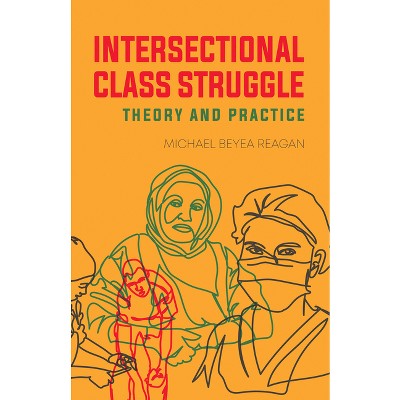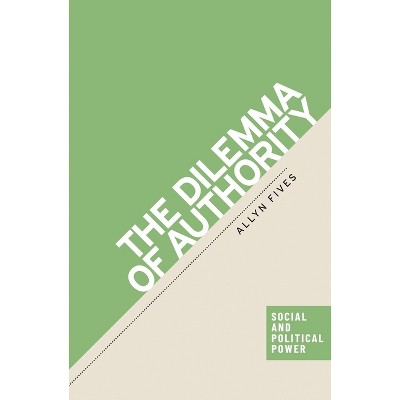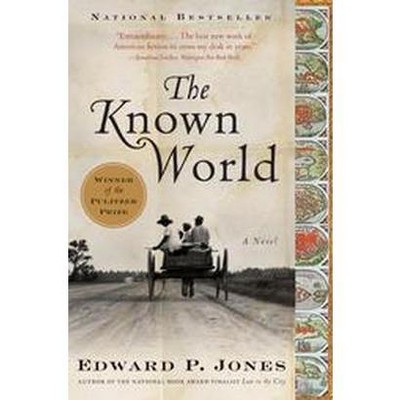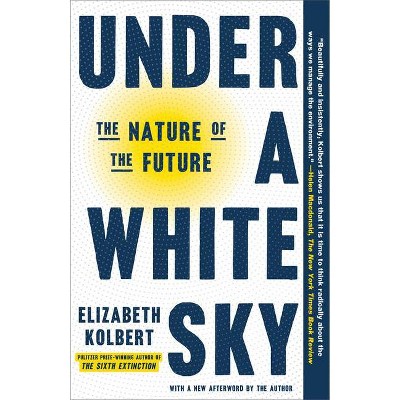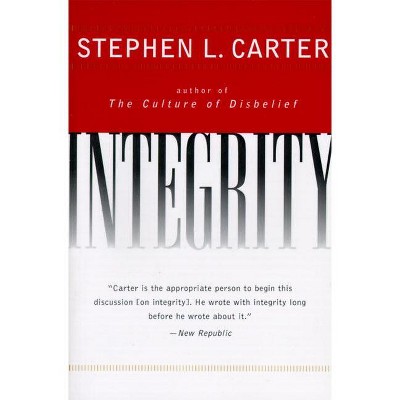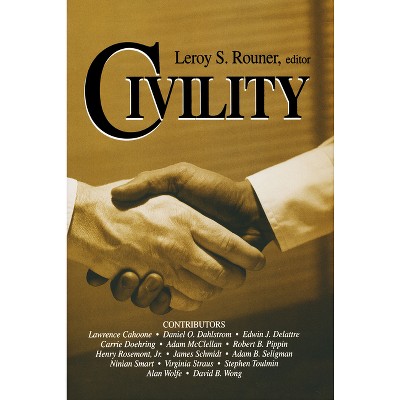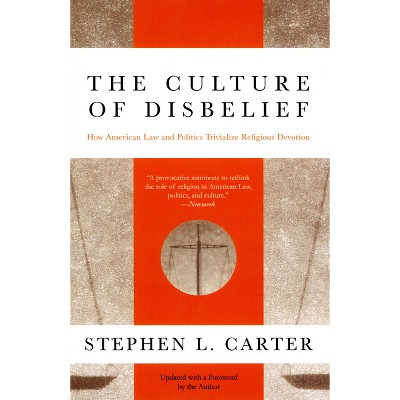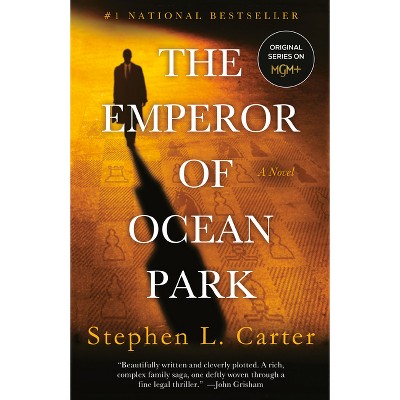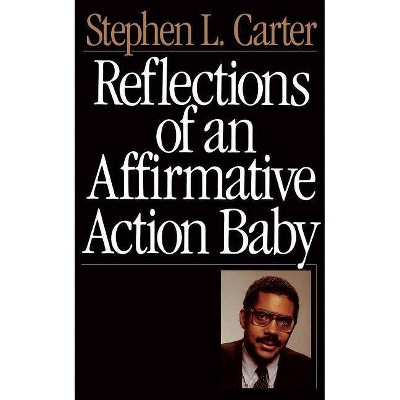Sponsored

Civility - by Stephen L Carter (Paperback)
In Stock
Sponsored
About this item
Highlights
- Something horrible has happened to civility.
- Author(s): Stephen L Carter
- 352 Pages
- Political Science, History & Theory
Description
About the Book
The acclaimed author of "The Culture of Disbelief" proves to readers that manners matter to the future of America.Book Synopsis
Something horrible has happened to civility. We can no longer hold political discussions without screaming at each other, so our democracy is dying. We can no longer look at strangers without suspicion and even hostility, so our social life is dying. We can no longer hold public conversation about morality without trading vicious accusations, so our moral life is dying. All the skills of living a common life-what Alexis de Tocqueville called -the etiquette of democracy'-are collapsing around us, and nobody seems to know how to shore them up again.aStephen L. Carter, author of the bestsellerThe Culture of Disbelief, argues that civility is disintegrating because we have forgotten the obligations we owe to each other, and are awash instead in a sea of self-indulgence. Neither liberals nor conservatives can help us much, Carter explains, because each political movement, in a different way, exemplifies what has become the principal value of modern America: that what matters most is not the needs or hopes of others, but simply getting what we want.aTaking inspiration from the Abolitionist sermons of the nineteenth century, Carter proposes to rebuild our public and private lives around the fundamental rule that we must love our neighbors, a tenet of all the world's great religions. Drawing on such diverse disciplines as law, theology, and psychology, he investigates many of the fundamental institutions of society-including the family, churches, and schools-and illustrates how each one must do more to promote the virtue of civility.aThrough it all, Carter emphasizes that loving our neighbors has little to do with how we feel and everything to do with how we choose to act. The true test of civility is whether out of love and concern for others, we will discipline our individual desires and work for the common good.
Review Quotes
"Carter not only defends the legitimacy of religious argument but provides an impressive example of how a believer may engage in civil debate with fellow citizens who do not share his faith. . . . Stephen L. Carter [is] one of America's leading public intellectuals."-- "New York Times Book Review""Part theology, part ethics, part political science. . . . A thoughtful and provocative book."-- "Publishers Weekly""Carter's passionate plea for the 'we' over the 'me' is most welcome and constructive. . . . Such honesty is rare from an American scholar today."-- "Chicago Tribune""Civility, Stephen Carter reminds us, matters. Its foundations is in the heart and in our love and respect for our fellow human beings. Our institutions, culture, communities, and country cannot long survive the loss of this basic and essential ingredient of civilization. Nor can any of us." -- Marian Wright Edelman, president, Children's Defense Fund"Perceptive, insightful, erudite, timely, and yet profound--books just do not come any better." -- Amitai Etzioni, author of "The New Golden Rule""Stephen Carter has become one of the most provocative analysts of American life since de Tocqueville, and one of the easiest to read." Civility" will raise hackles, but always with civility. It's the rare writer who makes you like him even when you disagree. Stephen Carter is a rare writer." -- John Cardinal O'Connor, archbishop of New York
Shipping details
Return details
Trending Non-Fiction



